Diabetes Device Choices
Overview
Sensor & Pump
Freestyle Libre 2 & Omnipod
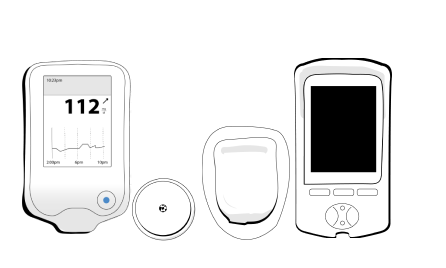
The Freestyle Libre 2 can alert you when you are high and low. You get data only when you want it. This combo is great for active people because it's waterproof and tubeless.
Sensor & Injections
Dexcom G7 & Pen
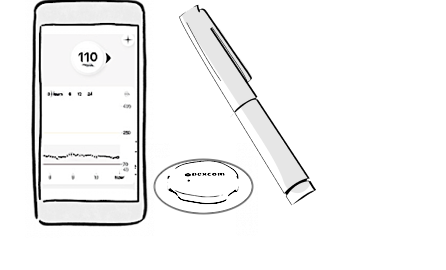
If you don't like having stuff on your body but want glucose data at a glance, the Dexcom G7 comes factory-calibrated, with a shortened warm-up time, and requires no finger stick. Some pens have the ability to track insulin doses on a smartphone.
Priority: Overall
Next Steps

You're going to do great on the devices you choose
Talk to your provider to get a prescription. Advocate for yourself with a list of reasons why you believe it is best for your lifestyle.
Talk to the device companies about the device you want and if your insurance will cover it. They can help with this.
Many insurance companies require documentation of different qualifications before approving diabetes device coverage. every insurance company is different but some common qualifications include checking your blood sugar 4-6 times per day or having frequent low blood sugars. Understanding what qualifications are necessary for device coverage before starting the approval process can make things a lot easier.
Visit https://diabeteswise.org/resources/getting-treatment/qualify-for-insurance/ for more resources.
Questions for your Doctor
Freestyle Libre 2 & Omnipod
Can I try this before I commit to it?
A lot of provider offices have sample devices you can touch and feel to get a sense of how they work. Some offices even have a trial device you can use for week to see how it works for you.
Dexcom G7 & Pen
Can I try this before I commit to it?
A lot of provider offices have sample devices you can touch and feel to get a sense of how they work. Some offices even have a trial device you can use for week to see how it works for you.
Questions for your insurance
Many insurance companies require documentation of different qualifications before approving diabetes device coverage. Every insurance company is different, but some common qualifications include checking your blood sugar 4-6 times per day or having frequent low blood sugars. Understanding what qualifications are necessary for device coverage before starting the approval process can make things a lot easier.
Talk to the device companies
Freestyle Libre 2
Call Freestyle Libre and ask them about your coverage. Talk to your Doctor to get a prescription.
1-855-632 8658 Freestyle Libre WebsiteOmnipod
Call Omnipod and ask them about your coverage. Talk to your Doctor to get a prescription.
1-800-591-3455 Omnipod WebsiteDexcom G7
Call Dexcom and ask them about your coverage. Talk to your Doctor to get a prescription.
1-888-738 3646 Dexcom WebsiteInsulin Pen
Ask your provider about a insulin pen prescription. Learn which is covered.
Insulin Pen OverviewAdditional Resources
By Priorities
 Active Lifestyle
Active Lifestyle
 Avoiding Highs and Lows
Avoiding Highs and Lows
 Comfort
Comfort
 Easy Insulin Dosing
Easy Insulin Dosing
 Easy to Use
Easy to Use
 Fewer Fingersticks
Fewer Fingersticks
 Privacy
Privacy
Cost & Coverage
Freestyle Libre 2
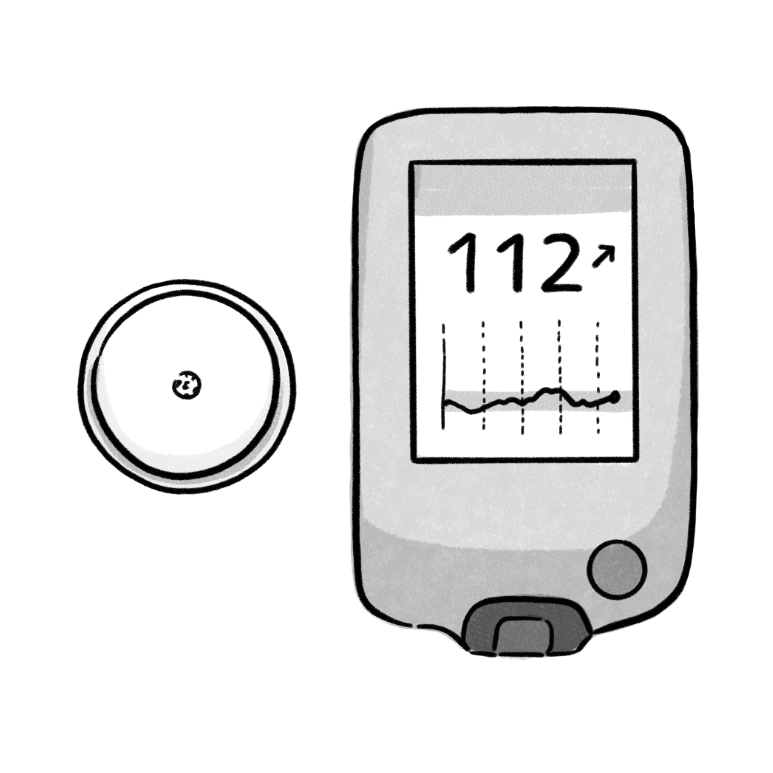
Dexcom G7
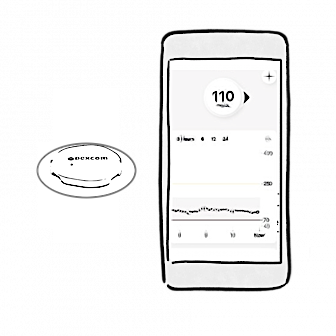
Glucose Testing Supplies
Sensors
Receiver (1 time purchase)
Sensors
Receiver (1-time purchase) - not required
Glucose Testing Cost Estimate
Startup $200 to $404
Monthly $108 to $321
Libre 2 is covered by Medicare and most private insurers. Prices will vary based on coverage. If you don't have any coverage, this is the cheapest sensor.
Startup $80 to $239
Monthly less than $40
These prices vary by Insurance. It may be covered under durable medical goods or a pharmacy benefit.
Omnipod
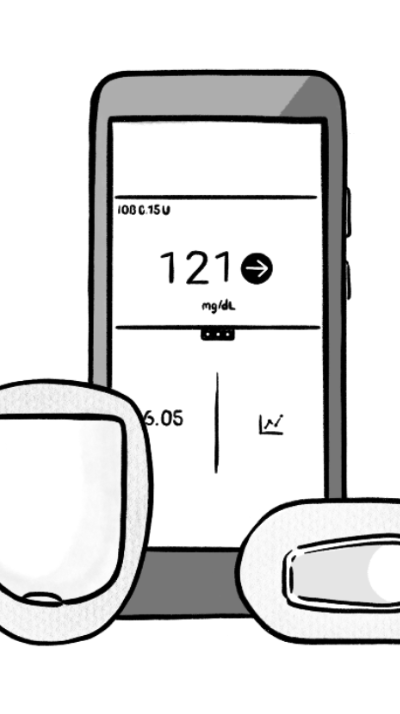
Insulin Pen
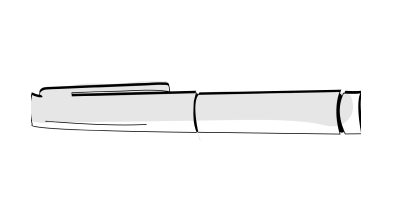
Insulin Dosing Supplies
Pods
Reader
Insulin
Pen (thats it!)
Insulin Dosing Cost Estimate
Startup $5 to $1260 Monthly
Omnipod is now covered by Medicare and Medicaid as well as most private insurers.
Monthly $5 to $1260
The total cost depends on the amount of pens you use which is dependent on how much insulin you use.



